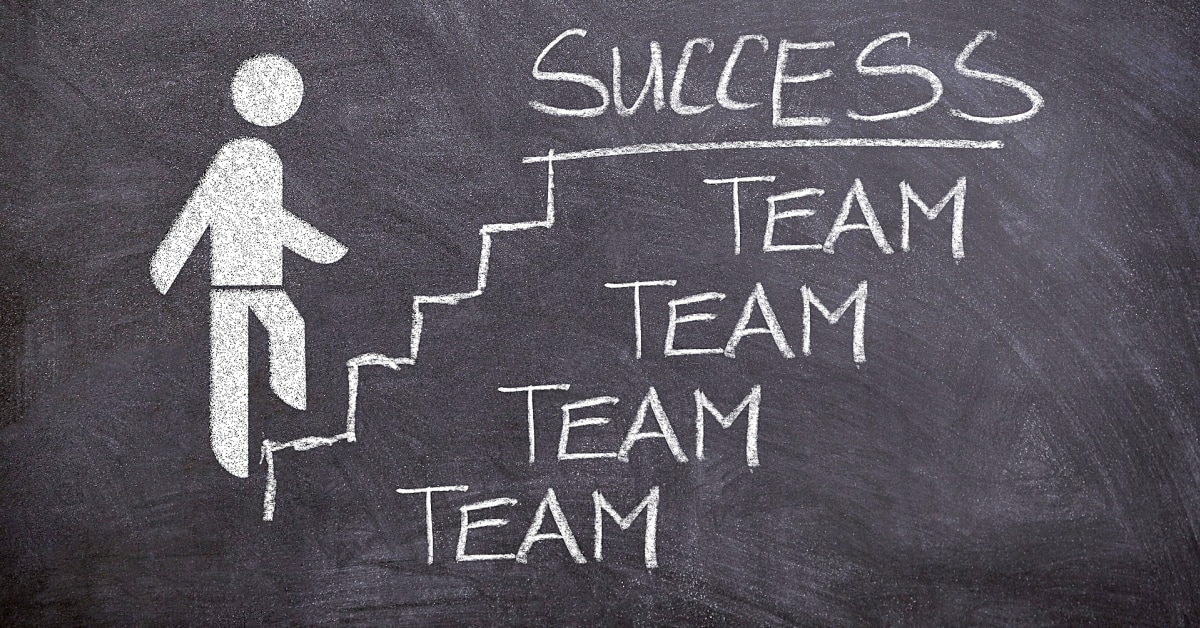In the fast-paced world of business, it’s crucial to stay ahead of the curve and be prepared for any situation that may arise. This is especially true for business consulting, where the ability to adapt and provide solutions for similar situations can make or break a company’s success. In this article, we will dive into the key takeaways and best practices for handling similar situations, providing valuable insights and lessons learned from real-life case studies and success stories. Whether you’re a business consultant, entrepreneur, or simply looking to improve your problem-solving skills, this guide will provide valuable information that can be applied to any industry or situation. So let’s explore the best practices for handling similar situations and elevate your business consulting game.
To start, we’ll delve into the different types of business consulting services that are available. Management consulting focuses on helping businesses improve their overall performance through strategic planning and organizational changes. Marketing consulting, on the other hand, assists with creating effective marketing strategies and campaigns. Financial consulting can help with budgeting, financial planning, and other financial-related challenges. Some business consultants also offer guidance on strategic planning and improving organizational effectiveness. Each service has its own unique benefits and can be tailored to fit your specific needs. For example, if you’re struggling with budgeting and financial planning, a financial consultant would be the best fit for your situation. It’s important to understand which type of consulting would be most beneficial for your business before hiring a consultant.
Next, we’ll discuss some key takeaways that have been identified through various case studies and success stories. One important takeaway is the importance of open communication between the consultant and the business owner. This allows for a better understanding of the business’s needs and goals, leading to more effective solutions. Additionally, it’s crucial for the consultant to have a deep understanding of the industry and market in which the business operates. This allows them to offer tailored strategies and solutions that are relevant and effective. Another key takeaway is the importance of setting realistic goals and expectations. A business consultant can provide valuable insights and guidance, but ultimately it’s up to the business owner to implement the recommended strategies and put in the necessary work to see results.
To further illustrate these key takeaways, here are some examples of success stories from businesses that have worked with a consultant. Company A was struggling with stagnant growth and a lack of direction. They hired a management consultant who helped them identify their strengths and weaknesses, develop a clear strategic plan, and implement organizational changes. As a result, the company saw a significant increase in revenue and overall performance. Company B was struggling with creating effective marketing strategies that resonated with their target audience. They hired a marketing consultant who conducted market research and helped them develop a targeted marketing campaign. This resulted in increased brand awareness and customer engagement, leading to higher sales. Both of these examples demonstrate the effectiveness of hiring a business consultant who understands the specific needs of your business and can offer tailored solutions.
In conclusion, working with a business consultant can provide valuable insights and guidance for improving your business operations and driving growth. It’s important to understand the different types of consulting services available and choose one that best fits your needs. Additionally, open communication, industry knowledge, and setting realistic goals are key takeaways for a successful consulting experience. By implementing these best practices, you can make the most out of your partnership with a business consultant.
Key Takeaways for a Successful Consulting Experience
When working with a business consultant, it is important to have open communication throughout the entire process. This means being honest about your current situation, goals, and any challenges you may be facing. By having open communication, you can ensure that the consultant has a clear understanding of your needs and can provide tailored solutions.
Another key takeaway for a successful consulting experience is industry knowledge. Business consultants have experience working with various industries and can provide valuable insights and strategies specific to your field. This industry knowledge can help you stay ahead of competitors and make informed decisions for your business.
Finally, setting realistic goals is crucial for a successful consulting experience. A business consultant can help you identify achievable goals and create a plan to reach them. By setting realistic goals, you can measure progress and see the impact of the consultant’s services on your business.
Success Stories from Businesses that Have Worked with a Consultant
When it comes to improving business operations and achieving growth, hiring a business consultant can make all the difference. But you don’t have to just take our word for it. Let’s take a look at two success stories from businesses that have worked with a consultant and seen significant results.
Company A: Company A was struggling with low sales and stagnant growth. They turned to a business consultant for help and were able to identify key areas of improvement, such as streamlining their marketing strategy and optimizing their financial management. With the guidance of the consultant, Company A was able to see a 25% increase in sales within the first year.
Company B: Company B was facing internal conflicts and communication issues that were hindering their progress. After working with a business consultant, they were able to implement better team communication strategies and improve overall organizational effectiveness. As a result, Company B saw a significant decrease in turnover rates and an increase in employee satisfaction.
The Different Types of Business Consulting Services
Management consulting: This type of business consulting focuses on providing organizations with guidance and support in managing their operations and achieving their goals. This can include analyzing and improving processes, implementing new strategies, and identifying areas for growth and development.
Marketing consulting: Businesses often turn to marketing consultants for help with developing effective marketing strategies, creating impactful campaigns, and reaching their target audience. These professionals use their expertise in consumer behavior, market trends, and branding to help businesses achieve success in their marketing efforts.
Financial consulting: Financial consultants provide businesses with guidance on how to manage their finances effectively, make informed decisions about investments, and improve their overall financial health. They may also assist with budgeting, financial planning, and identifying cost-saving opportunities.
Strategic planning guidance: This type of consulting focuses on helping businesses develop long-term plans and strategies for achieving their goals. Strategic planning consultants work closely with businesses to identify their strengths, weaknesses, and opportunities, and create a roadmap for success.
Improving organizational effectiveness: Business consultants can also help organizations improve their overall effectiveness by identifying areas for improvement and implementing strategies to enhance productivity, efficiency, and communication within the company. This can involve restructuring processes, implementing new technologies, or providing training and development opportunities for employees.
Business consulting can be a valuable resource for improving your business operations and driving growth. By understanding the different types of consulting services and implementing best practices such as open communication and setting realistic goals, you can make the most out of your partnership with a business consultant.



